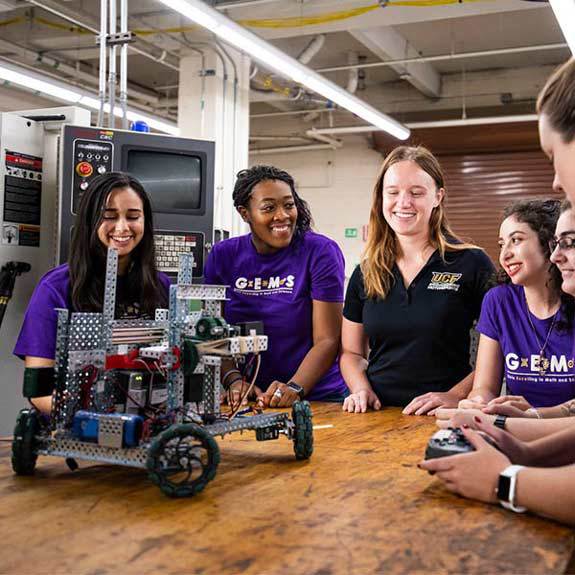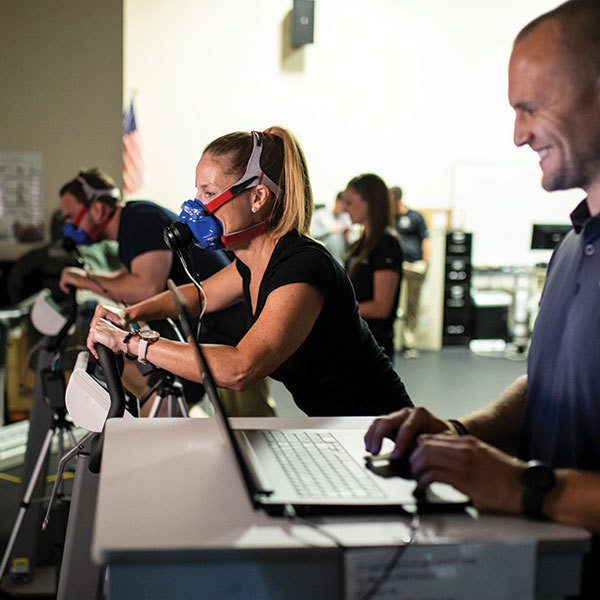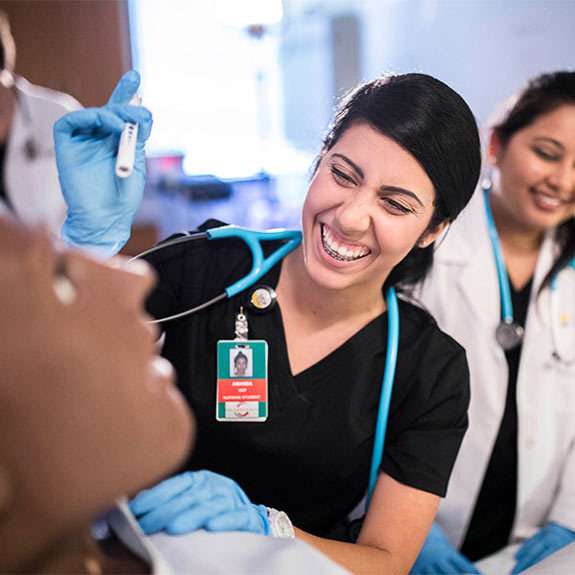Since the quick pivot to remote instruction during the spring of 2020, due to the COVID-19 pandemic, faculty that oversee traditional hands-on labs have had to adapt to new alternatives. Although traditional hands-on labs will continue to be a vital component to learning, online or virtual labs will gain more prevalence in instruction as we move forward in the world of online learning.
Online labs for STEM courses will allow for flexible scheduling. Not only will it provide traditional students with the ability to rewatch or review material, but also for non-traditional students to take the required courses of their programs while working around their work and family schedules.
The approach to online labs will be different for each course, instructor, and college. When deciding the best tools or programs to use, it is best that you consult with your department chair, fellow faculty members, and instructional designer (ID). If you are unsure who your ID is, please visit the ID Lookup Tool page.
We at the Division of Digital Learning (DDL) aim to aid any faculty member that wishes to utilize online or virtual labs in their courses. We understand problems or concerns may arise as you shift to an online format and familiarize yourself with the technology and software that is available and are here to help.
To enhance the student experience, we developed a task force charged with working alongside faculty members in various colleges to ensure efficient and practical instruction is delivered, which includes access to remote and virtual labs.
The resources compiled are a comprehensive inventory of tools and platforms available for educators. Not all are associated with UCF, and some have a fee to the instructor and/or student that is not covered by the university.
For a clearer understanding of the categories and resources available, virtual and remote labs are defined as follows:
- Remote Labs: These types of labs enable faculty and students to access equipment and/or computers via the internet to perform experiments and laboratory tasks without being in the physical lab space.
- Virtual Labs: In these labs, real experiments are virtualized or simulated and students can access them online.
Click on one of the colleges listed below to find the current list of available resources.
College Resources
Articles Relating to Virtual and Remote Labs
A recent article in The Chronicle of Higher Education reviews how to move your lab instruction online safely and quickly through the following areas:
- Instructor created labs
- Lab kits
- Virtual labs and simulations
This article from UC Berkeley offers a glimpse into how other universities are handling our new situation.
Inside Higher Ed offers some advice on how to rethink science lab classes by identifying five objectives for online labs and how students can learn about scientific research without physically being in the lab. Campus Technology provides insight on how the University System of Maryland has partnered with Labster to provide virtual laboratory simulations across their institutions.
UCLA and Campus Labs each provide a repository of ideas and articles about supporting the online classroom and addressing remote learning due to COVID-19.
The AAAS-IUSE hosted a showcase in May 2021 and hosted a presentation on STEM education during the pandemic. The recording also features UCF faculty member Zhongzhou Chen. Chen also published the article How the Abrupt Shift Online Led to a Permanent Shift in Course Design in conjunction with this showcase.
See More Articles & PublicationsSpotlights
UCF Apps
A UCF taskforce initiated an effort to provide a virtual computing capability to allow for students to access campus software from their homes.
READ MORE
CECS
College of Engineering and Computer Science created taskforces to move face-to-face labs to online platforms during remote instruction.
READ MORE




